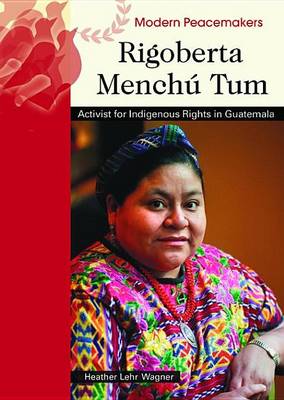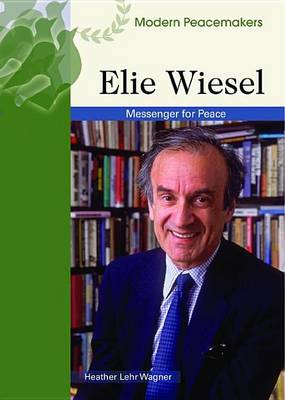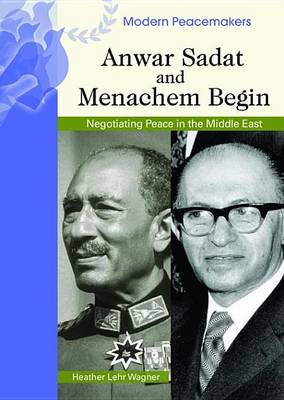Modern Peacemakers
6 total works
The 1978 Nobel Peace Prize was awarded to Anwar Sadat, president of Egypt, and Menachem Begin, prime minister of Israel, for their contributions to the Camp David Accords. These accords comprised two frame agreements on peace in the Middle East, and on peace between Egypt and Israel. The choice of these laureates, according to the Nobel Committee, was notable because never before had they considered it fitting ""to award the Peace Prize to statesmen from the troubled and sadly devastated Middle East."" A hotbed of conflict throughout history, the Middle East saw a significant increase in strife after the establishment of Israel as an independent state in 1948. As leaders of their respective countries, Sadat and Begin were both hated and revered for their efforts to create a lasting peace in the region. Sadly, the consequence of such efforts led to Sadat's assassination by Muslim fundamentalists three years after becoming a Nobel laureate. ""Anwar Sadat and Menachem Begin"" describes each laureate's rise to power and the challenges they faced on the road to becoming modern peacemakers.
Rigoberta Menchu Tum: Activist for Indigenous Rights in Guatemala. Modern Peacemakers.
by Heather Lehr Wagner
Published 1 January 2007
Henry Kissinger: Ending the Vietnam War. Modern Peacemakers.
by Heather Lehr Wagner
Published 1 January 2007
A member of the indigenous Quiche Maya group, Rigoberta Menchu Tum experienced firsthand the oppression of the native Indian population in Guatemala. This new biography from the ""Modern Peacemakers"" series profiles the unwavering activist who was awarded the 1992 Nobel Peace Prize for her remarkable work promoting social justice and ethno-cultural reconciliation based on respect for the rights of indigenous peoples. This title features full-color photographs, sidebars, and textboxes that help students follow Menchu Tum's journey from early struggles to subsequent triumphs and the prize.
Elie Wiesel: Messenger for Peace. Modern Peacemakers.
by Heather Lehr Wagner
Published 1 January 2007
Anwar Sadat and Menachem Begin: Negotiating Peace in the Middle East. Modern Peacemakers.
by Heather Lehr Wagner
Published 1 January 2007




